By Oreva Godwin

Oreva
We often carry this mindset that our partners, friends, and family can never happen to us. We assume betrayal only happens to “other people.” We look at our loved ones and see no trace of treachery, convincing ourselves it could never happen here.
It’s okay to be optimistic. It’s okay to trust. But people do not become monsters overnight, it begins with a tiny seed that grows into a full-blown betrayal.
Sometimes, the red flags are not hidden; they stare us in the face. Yet we overlook them. We tell ourselves it’s just a weakness and we easily excuse such negativities. But some flaws are not harmless flaws. They are landmines waiting to explode. Jealousy, envy, greed, narcissism, bitterness, malice, entitlement mentality, and a tongue that never speaks good of others. If you ignore these, they may one day be your downfall.
I tell people all the time: it can happen to you. You are not better than those it already happened to. Other people’s stories are not for our entertainment, nor just to stir up pity. They are warnings, wake-up calls, urging us to thread carefully.
I say this: love is not blind. Trust is the real blindness. Even God, who loves us deeply, does not fully trust us. That’s why He tests our faith, to see if we will fail Him. If trust is this delicate between God and man, how much more fragile is it among humans?
Hannah was a successful nurse, running her own chemist store. She was married to Emeka with four children. But for over a year, their marriage was cold: no intimacy, constant quarrels. Whenever Emeka came home from his trips it was one trouble or another. What Hannah didn’t know was that Emeka had other women outside their marriage.
One day, Emeka fell ill. He returned home so his wife could care for him. After running tests, Hannah discovered he was HIV positive. Shocked but compassionate, she stood by him, encouraged him through counselling, and helped him recover.
When he got better, Hannah brought home condoms to protect herself. Months later, she fell ill and also tested positive for HIV. Confused, her instincts were directed at the condoms at home. She drove home and checked the protection she had purchased, and to her horror, Emeka had pricked holes into them with pins.
When confronted, he admitted: “I can’t be the only one carrying this virus.” Hannah screamed. She was crushed. She had heard of stories like this before but never believed it could happen to her until it did.
Orevaoghene was the second daughter in a family of five. She was naturally lovable, admired by all. But her elder sister, Mary, resented her. The family dismissed Mary’s jealousy, not knowing it would one day tear them apart.
When Orevaoghene met Reuben, a wealthy CEO with old money, he proposed within six months. Mary burned with envy but hid behind a smile. Orevaoghene felt guilty marrying before her elder sister, but she overlooked the bitterness in Mary’s heart.
After Orevaoghene wedded and gave birth, her mother and Mary came to care for her. But the sight of Reuben spoiling her sister drove Mary mad with desire. When their mother left, Mary refused to leave, claiming she had something doing and would stay for another one week. That was when she seduced Reuben. Not long after, he secured her an apartment in the heart of Abuja and bought her a car. Mary was living large.
Orevaoghene, unaware, celebrated her sister’s “success.” But one day, she was in the neighbourhood and visited unannounced. She was shocked to see Reuben’s car outside Mary’s home. She knocked on the door, and the maid opened the door. She demanded to see her sister, and the maid innocently revealed, “She’s upstairs with oga.”
Orevaoghene ran upstairs and saw with her own eyes what could make God blow the trumpet. She fainted. Later, during a family meeting, Mary announced she was pregnant for Reuben. Though Reuben insisted he loved Orevaoghene, the betrayal was too deep. She filed for divorce and cut ties with her sister, still in shock that such evil had happened to her.
Obi was a wealthy businessman who worked tirelessly to support his siblings. But his eldest brother, Ekene, became a leech, demanding endlessly, refusing to work, claiming Obi owed him as “the man of the house.” Ekene claimed he dropped out of school so that Obi could further his academics. Ekene felt entitled to Obi’s money.
When Obi stopped indulging him, Ekene’s bitterness turned deadly. He conspired with friends to kidnap Obi’s daughter for ransom. After demanding ₦200 million, they settled at ₦100million. The money was paid, and his daughter was released, or so he thought.
Unknown to Ekene, his accomplices had darker plans. They raped her, beat her when she resisted, and left her barely alive at the pick up point. Obi rushed her to the hospital, but she died on the way.
When Ekene heard, he was filled with rage. So he called his accomplices over the phone, unaware his son overheard him. His son called Obi, exposing everything. Obi then involved the police. Hearing his brother confess to the crime broke him. He never believed his own blood could cause him such pain.
Remi, Samantha, and Eva were three best friends at the office. Remi stood out among them. Intelligent, ambitious, and celebrated by colleagues, she was the cynosure of everyone. Samantha was secure and genuinely happy for her friend. But Eva burned with envy.
When Remi secretly started a relationship with a colleague, she confided in her two friends. Eva, who also desired the man, couldn’t stand it. Out of spite, she reported them to management, providing evidence. Both Remi and her lover were fired.
Remi was stunned when she later learnt who betrayed her. The lesson was bitter but clear: your colleague is not always your friend.
Eka is married to a narcissist. It’s no news to her. But she never imagined it would almost cost her everything.
Her husband, Mike always placed himself above the family and never really cared about her and the kids. When it’s time for his medical check-up, he didn’t mind spending all his money. But his wife and kids? He will direct them to cheaper hospitals for treatment.
This was the red flag Eka ignored. One day, there was a fire outbreak, and Eka was in the kid’s room. She had put them to bed and suddenly slept off. The nanny noticed that the inverter was on fire and was spreading. She raised an alarm.
The first thing Mike could think of saving was his documents. He rushed, carried his documents and was about to run out of his room. The moment he opened the door to run towards the living room, he came face to face with his wife, who was holding the two kids.
Eka looked at his hands and saw the documents. She knew he was a narcissist but never knew it was that bad. They all ran out, and luckily the fire service saved the day.
But Eka was in deep shock. She just stood all through the process, looking at the man she called “the husband of her youth.” For the first time, she felt truly alone in the marriage. “So his properties were more important than me and the kids?” She soliloquised.
These are not just stories. They are truths. They remind us of the darkness people carry, sometimes, masked by love, family ties, and friendship.
The world is already a dark place. Stop adding pain to others. Learn to be genuinely happy for people, and wait your turn.
Be vigilant. Guard your heart. Do not excuse dangerous flaws. Do not let trust blind you. Because when people happen to you, they are rarely strangers. They are the ones you trusted most.



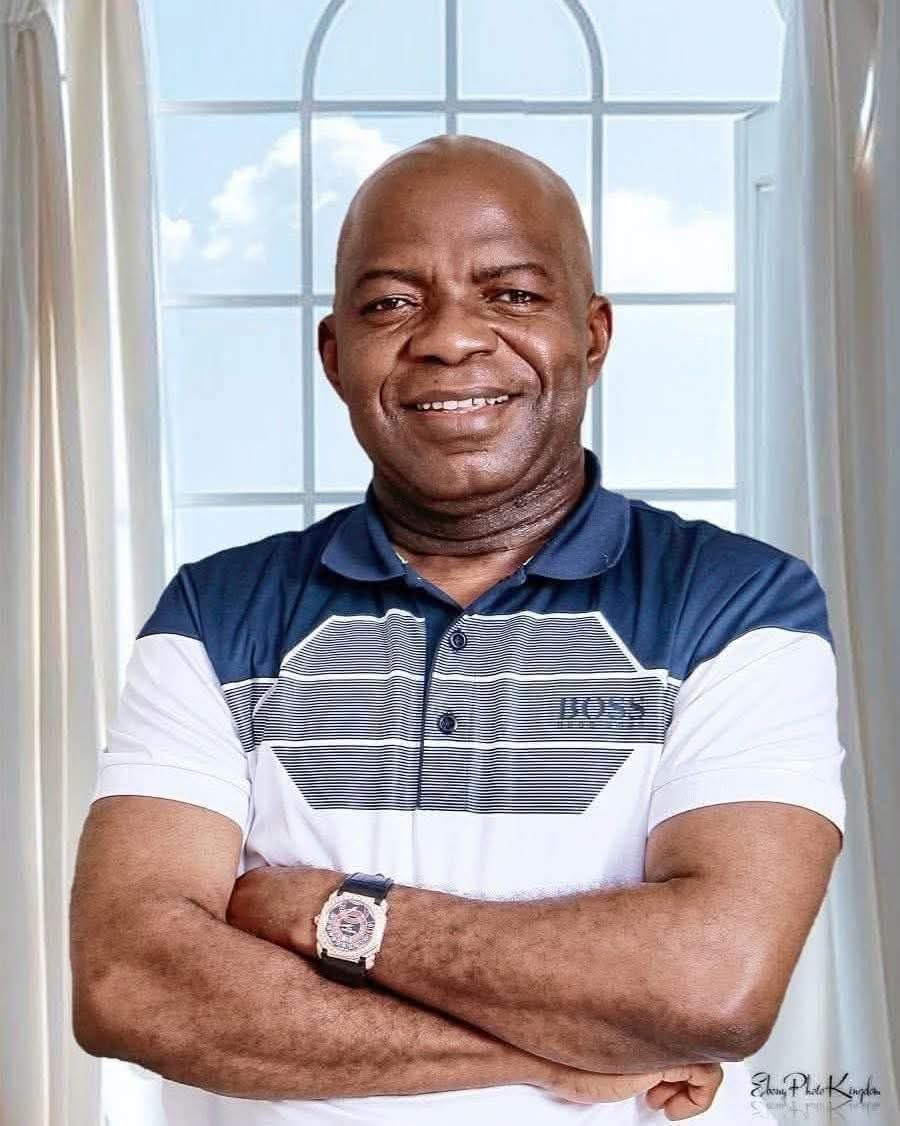
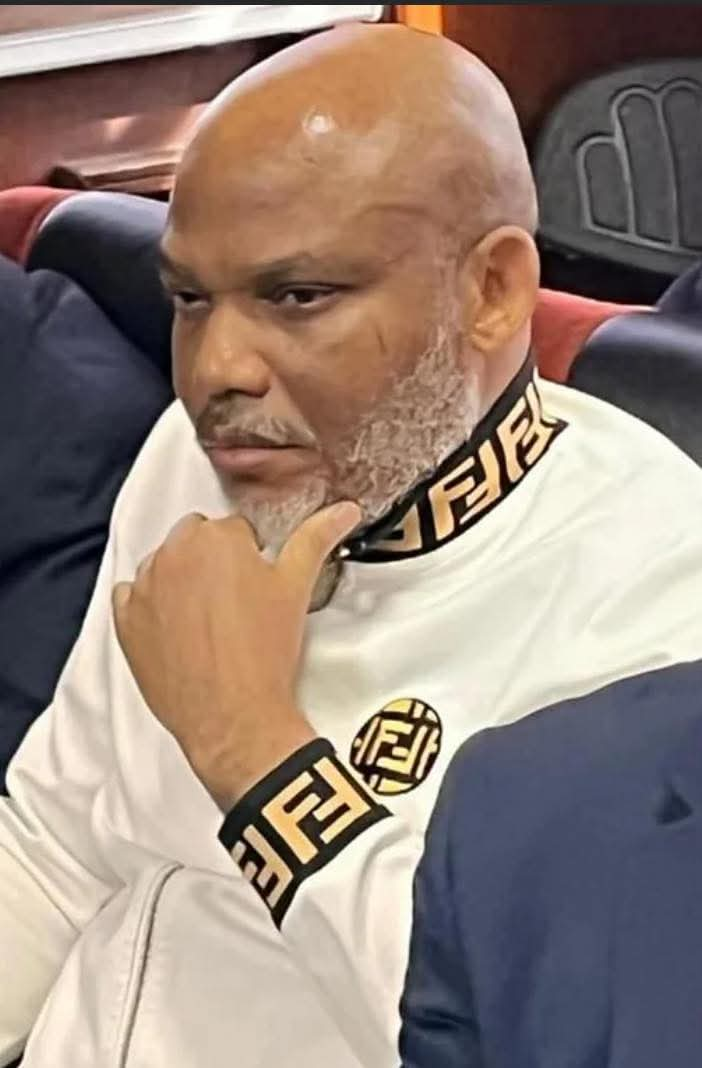

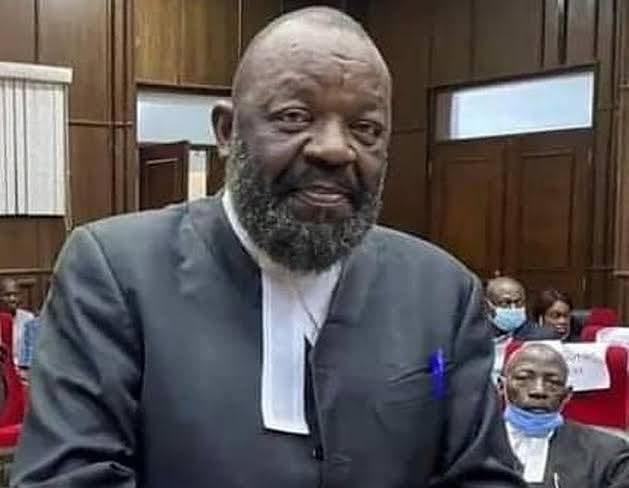




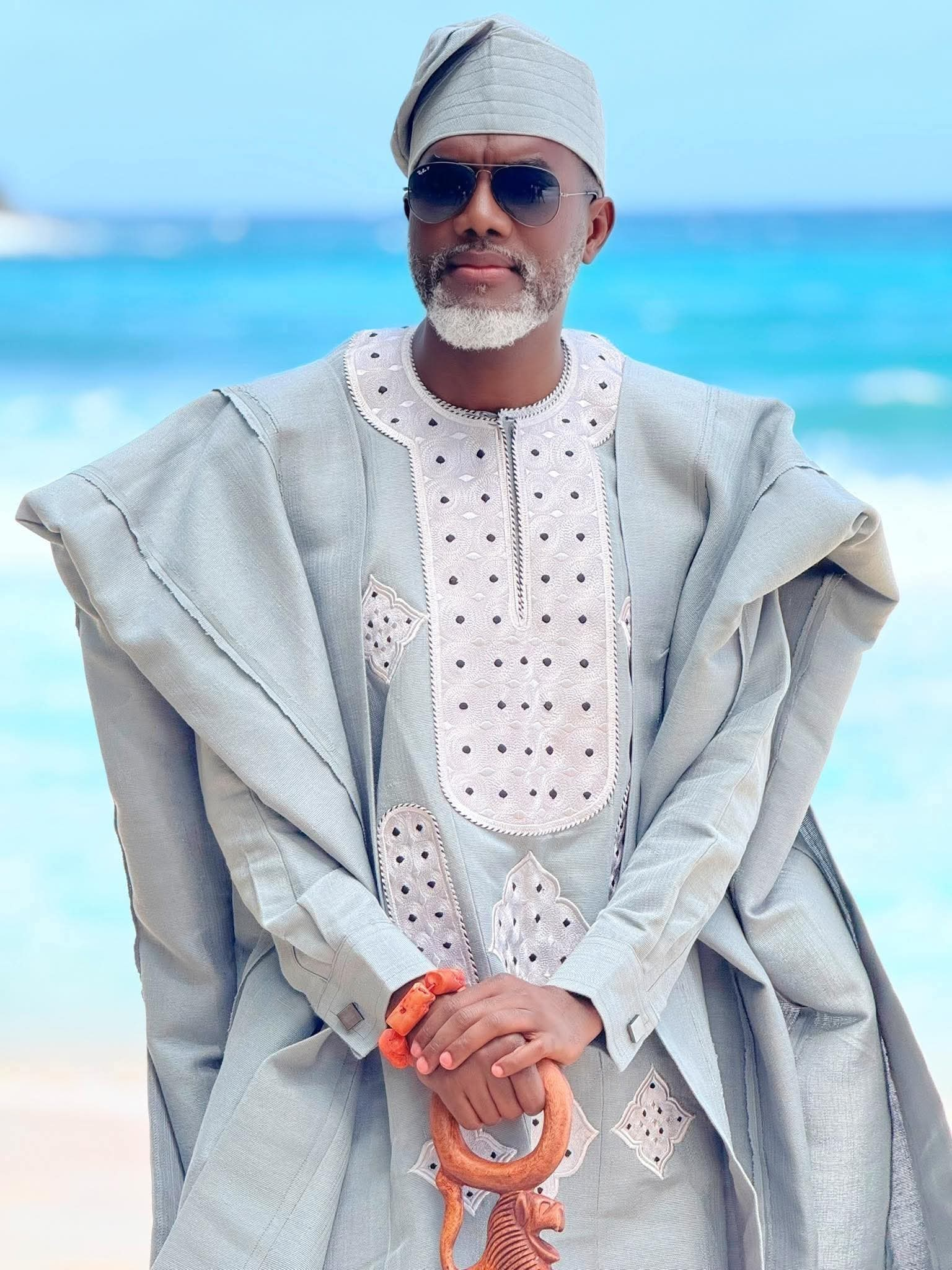


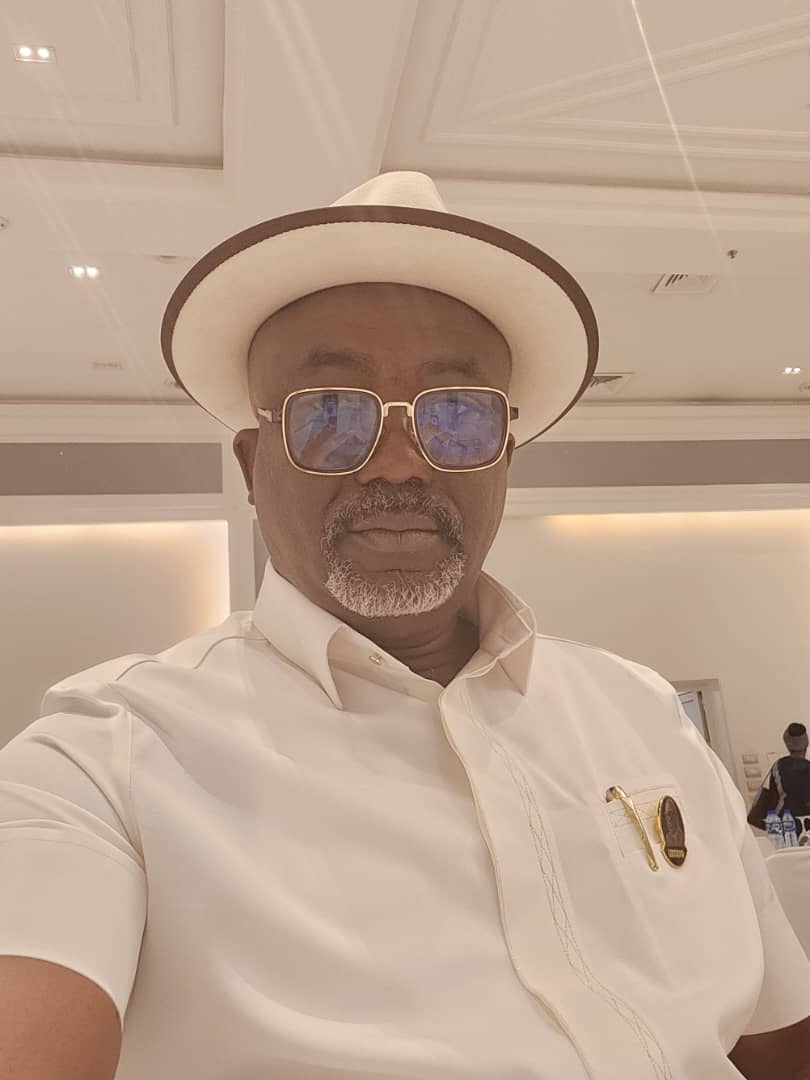

Leave a Reply